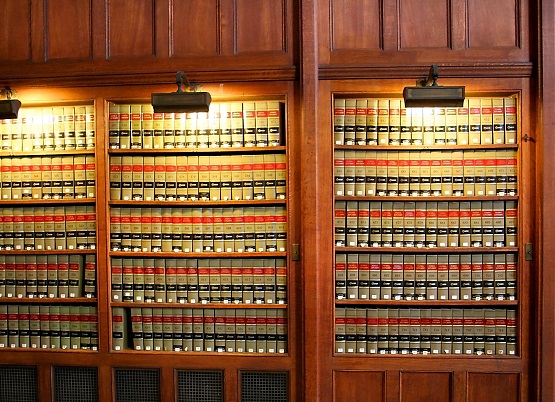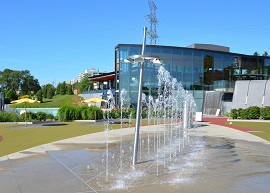Civil & Commercial Litigation

Litigation is the process of seeking a remedy for a matter in dispute by a judge. This process culminates with the trial, where the judge after considering the admissible evidence, and applying the law as the judge may understand it, determines what happened, and what relief, if any is to be granted.
Before the trial, through the pre-trial process, the plaintiff who initiates the process, sets out in the claim the factual basis of the claim and relief being pursued. The defendant responds, explaining why the plaintiff is not entitled to the relief claimed, and where appropriate pursues a claim against the plaintiff or others who have contributed to the circumstances which brought the parties to court. The litigation process is not, in theory, trial by ambush. The parties disclose their respective cases and are provided an opportunity to make enquires of the others under oath to test their respective cases for their strengths and weaknesses. This is the discovery process. In addition, the parties may seek relief from the judge before the trial. This relief may go to the core issues of the litigation, such as to preserve assets or prohibit or enjoin certain conduct for which there may be no monetary relief, but irreparable harm would be suffered, to compel persons who are not directly involved in the dispute to give evidence, or where the circumstances are appropriate, to cause a plaintiff to pay monies into court for security for the costs the defendant is expecting to incur in meeting the plaintiff’s claim. The pre-trial relief may also be more mundane, to compel a party to better describe their case, to provide answers to proper questions asked at discovery or produce evidence, or to strike out a claim or defence which may have no substance at law. Each of these pre-trial remedies are important and have an impact.
The process by design is adversarial. Although referred to as civil litigation, it frequently is anything but civil. For the parties, litigation can be a stressful, acrimonious, anguish filled and an uncertain process. My clients look to me as their lawyer for professional, experienced guidance and advocacy.

Litigation is costly both in time and monies. Early resolution through a consensual resolution should be explored where the opportunities arise. It is essential in the course of any litigation to recognize those opportunities or make those opportunities. Understanding the strengths and weakness of the case enables a reasoned approach to early resolution. The courts and the rules of civil procedure promote an early settlement. Unaccepted settlement offers which provide a greater relief to a party than obtained from the judge will have a profound effect on the costs awards granted by the court to the parties and in turn the economic realities of the litigation.
When acting for a client, whether a plaintiff (the person who brought the claim) or the defendant (the person against whom the claim is being pursued), I navigate through the complex rules of the court and evidence, to put my client’s best case forward, to ensure that my client’s case is heard, and that my client’s case is understood and properly determined.





